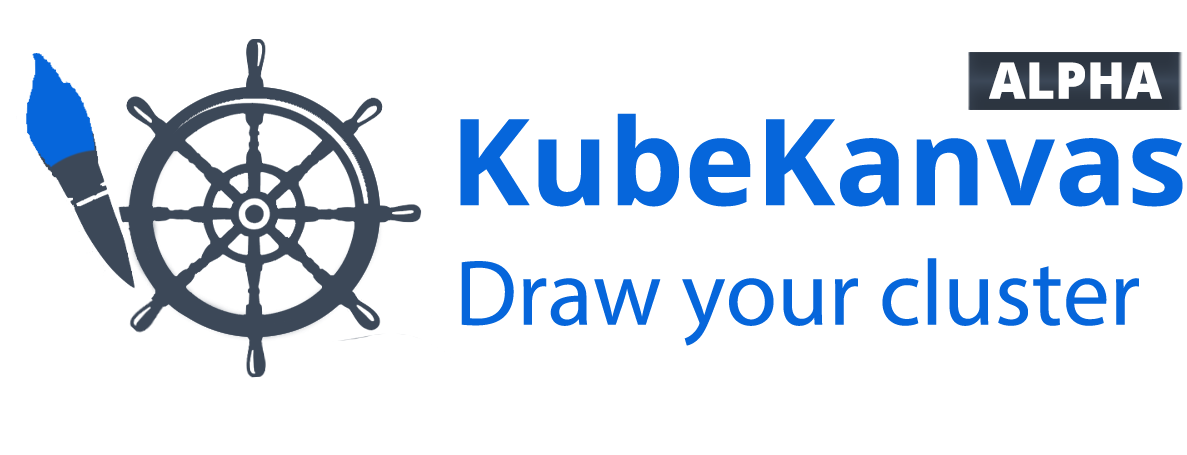

We're here to help! Whether you're curious about our services, need assistance, or just want to share feedback, our team is ready to assist you. Don’t hesitate to reach out—we’d love to hear from you! Contact us today, and let’s start the conversation.
Contact us